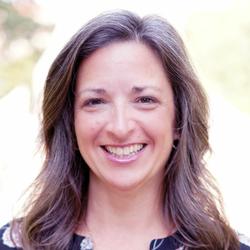February 1, 2026
Tamara Moore appointed to named professorship at Purdue ENE
The Purdue University Board of Trustees ratified Professor Tamara Moore's appointment as the new Purdue ENE Crowley Family Professor of Engineering Education, succeeding Audeen Fentiman in that role. Moore joined the faculty in 2013, and serves as executive co-director of Purdue’s INSPIRE Research Institute for Pre-College Engineering, director of SCALE K-12, and the curriculum director for SCALE.















